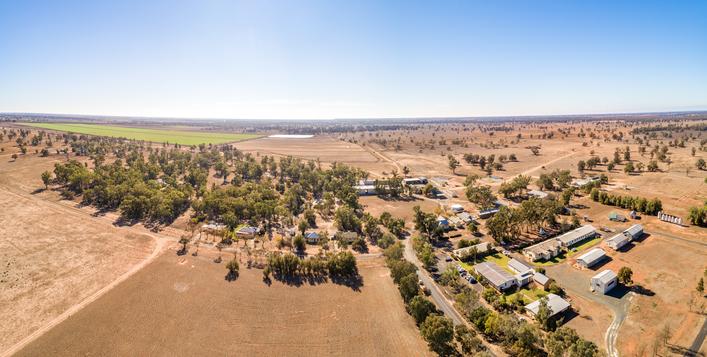Overview
Trangie Agricultural Research Centre (TARC) provides services to the agricultural and pastoral industries, with special reference to western NSW. As well as rangeland management, the Centre is renowned for its research in merino and beef cattle genetics, and the development of conservation farming technology.
The Central West Slopes and Plains has ideal growing conditions with evenly distributed rainfall combined with suitable soils, excellent land capability, and access to water resources for irrigation enabling highly productive farms to prosper. The Central West Slopes and Plains has a history of primary production with established farming systems, services, labour supply, infrastructure and practiced farm operators. The Central West Slopes and Plains also has a geographical advantage given its proximity to Newcastle and Sydney and access to Brisbane; traversed by major national road and rail routes
Our research
TARC is focused on research and activities supporting irrigated and dryland cropping and livestock production.
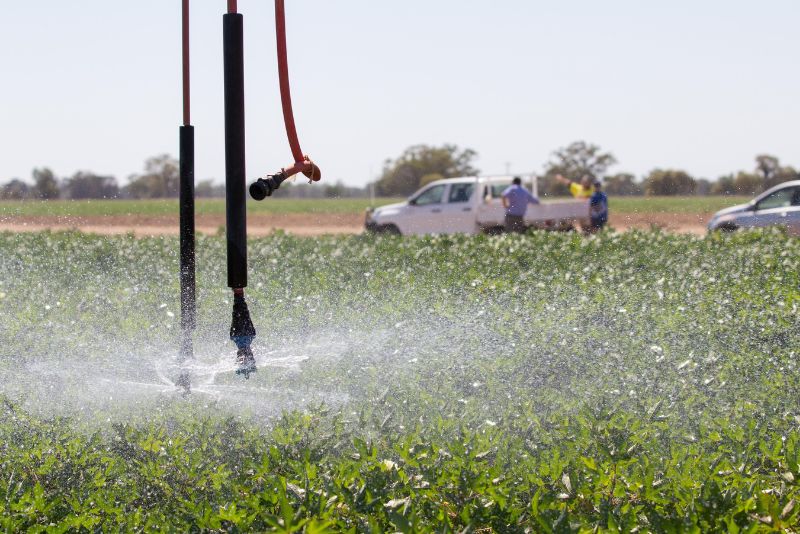
Our facilities & services
TARC offers a range of facilities from labs, training centres and production testbeds.
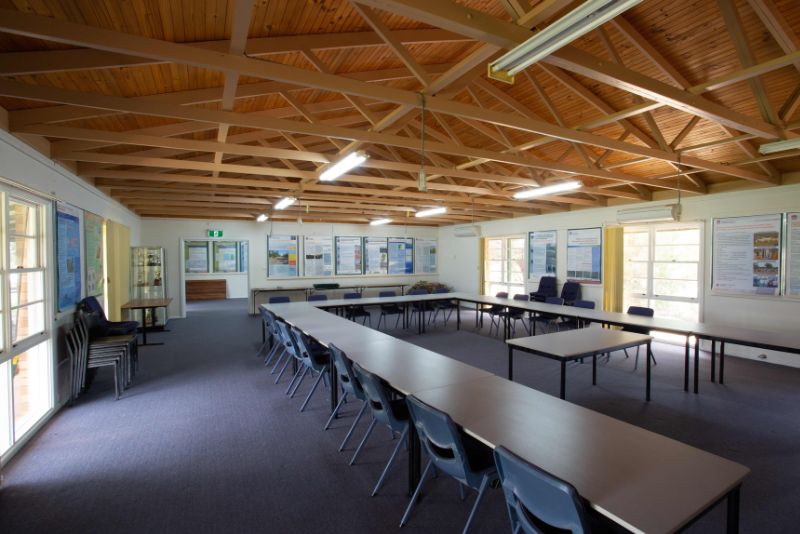
Visit, events and learn
TARC offers various events, visits and engagement activities for producers, students and the broader community.
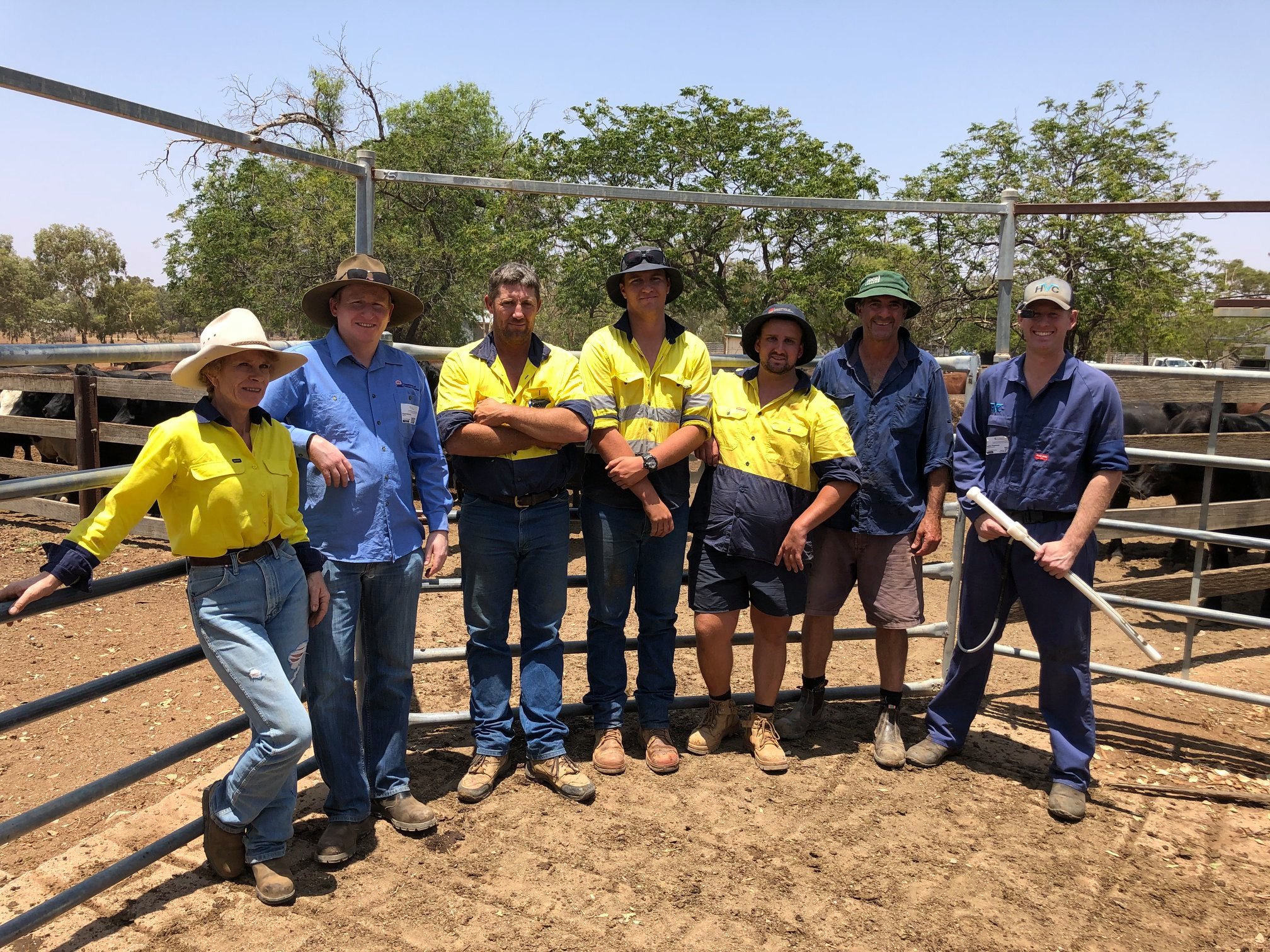
Key Programs and Initiatives
Southern Multi Breed Project
TARC is one of 5 host stations for this world leading project for cattle breeding and genetic insights for Australian beef herd.
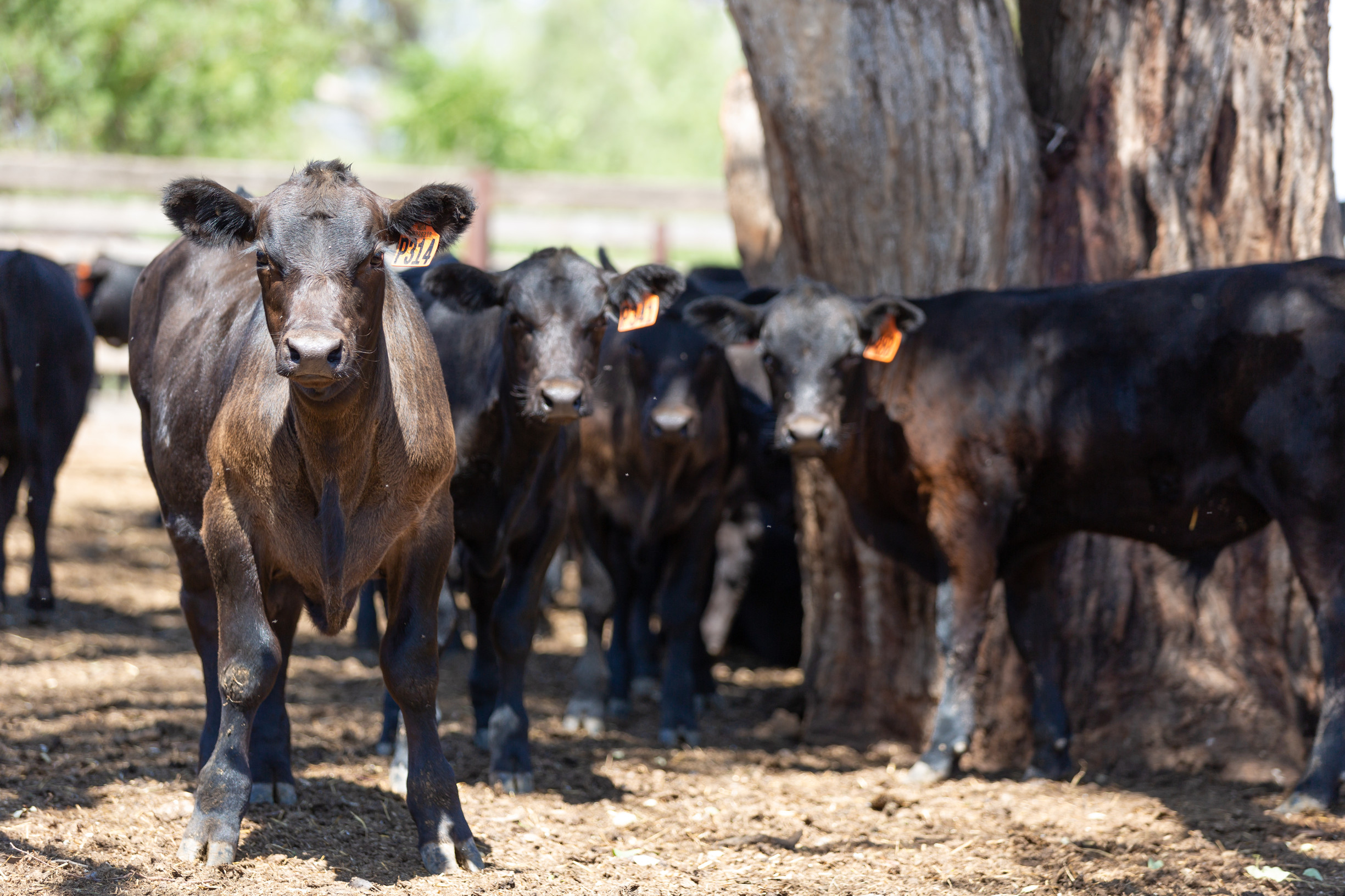
Merino Life Time Productivity Project
See the latest on this collaborative project with Australian Wool Innovation.
Biomass for bioenergy trial site
Over 6000 native drought tolerant trees across 3 hectares at Trangie support a Biomass to energy research project.
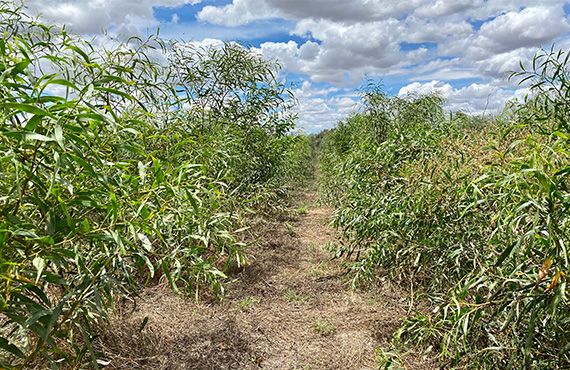
Digital Irrigated Cropping
TARC also has digital irrigation technologies as part of research projects relating to climate change and water use optimisation.
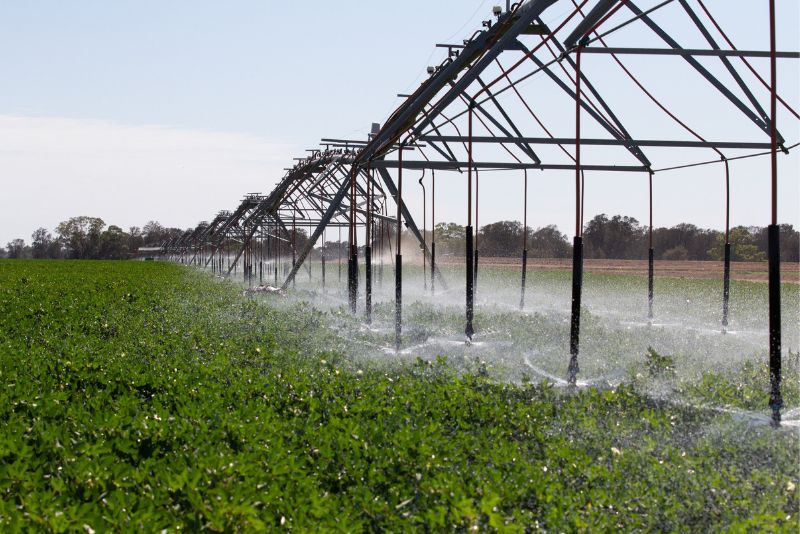
Research Station Request for Opportunity
Completing the Research Station Request for Opportunity form assists our staff to respond to requests against availability on site.
Request for opportunity formOur region and output
Agriculture is a key industry for the Central West generating over $1 billion in value of production. An additional $673 million is contributed by the Greater Western Division. The regional has the advantage of topographical variability with landscapes that support broadacre cropping and livestock production, alluvial valleys suited to irrigated hay and vegetables.
The following table shows the Gross Value of Production for the region in 2019-20.
More details on Central West Region Primary Production Data
| Production | Value | % share of state |
| Cattle and calves | $ 329,968,917.40 | 12% |
| Sheep and lambs | $ 236,297,685.99 | 17% |
| Wool | $ 132,124,570.22 | 17% |
| Wheat | $ 108,728,985.42 | 17% |
| Milk | $ 41,072,353.38 | 6% |
| Barley | $ 35,657,886.20 | 13% |
| All other crops n.e.c. | $ 21,250,089.63 | 32% |
| Melons | $ 13,071,923.45 | 27% |
| Cotton lint (irrigated and | $ 8,857,887.32 | 5% |
| Oats | $ 7,369,048.56 | 10% |
| Total | $ 1,046,261,902.00 | 9% |
Data from ABS and DPI Performance Data and Insights 2021.
Our climate
The climate in Trangie is warm and temperate and the rainfall is significant, with precipitation even during the driest month.
The average annual temperature is 18.2 °C. In a year, the rainfall is 544 mm. The difference in precipitation between the driest month and the wettest month is 32 mm. The variation in annual temperature is around 17.3 °C
The month with the highest relative humidity is June (73.62 %). The month with the lowest relative humidity is January (39.72 %).
The month with the highest number of rainy days is November (7.10 days). The month with the lowest number of rainy days is April (3.70 days).
Our history
Trangie Agricultural Research Centre has had a long and distinguished history in agricultural research since its establishment in 1914 as the Trangie Experimental Farm.
Research at the Centre has covered a wide range of topics including horticulture and agronomy in addition to the major themes of sheep and beef genetics which have utilised most of the Centre’s extensive land resources for many years. More recently the Centre’s program has also included a focus on ecology and management of semi-arid rangelands including climate risk management, animal behaviour and welfare in the livestock industries, and development of precision management systems for both agricultural and pastoral industries.
The extensive area available at the Centre provides excellent opportunities for large scale grazing and farming operations to coexist with wildlife and biodiversity conservation, a feature recognised in the Centre’s ISO 14001 accreditation for environmental management. The standard of animal management is recognised by both Cattlecare and Flockcare accreditation, and the monitored health status of the livestock.
Station Video
Contact
Ph: 02 6880 8000, +61 2 6880 8000 (international)
Fax: 02 6888 7201
Email: trangie.office@dpi.nsw.gov.au
Location
7878 Mitchell Highway
Trangie NSW 2823
Postal address:
Trangie Agricultural Research Centre
PMB 19
Trangie NSW 2823
